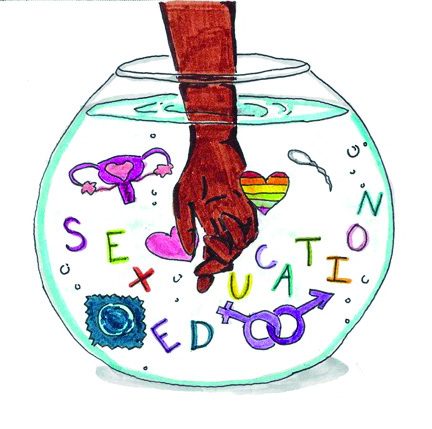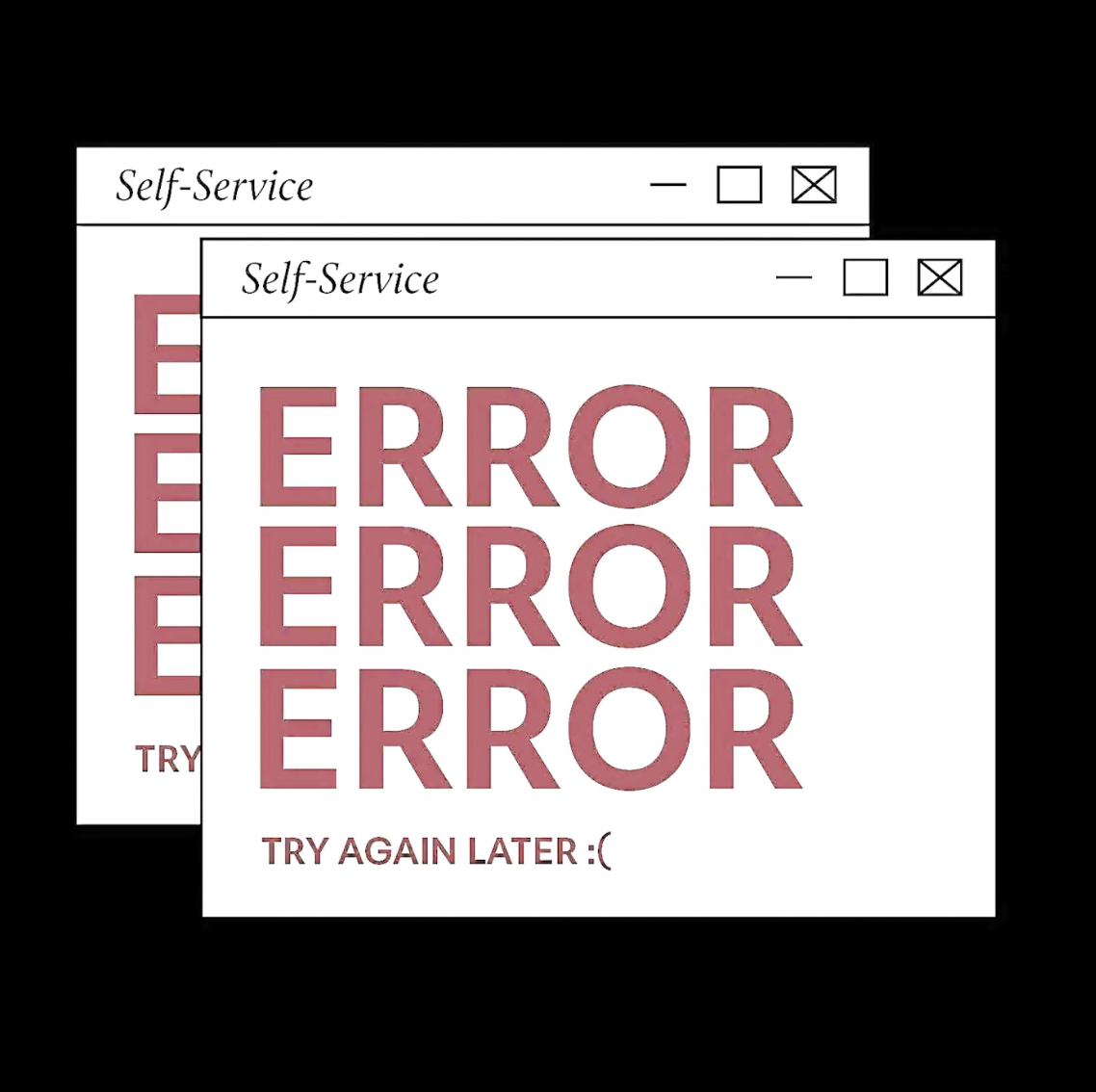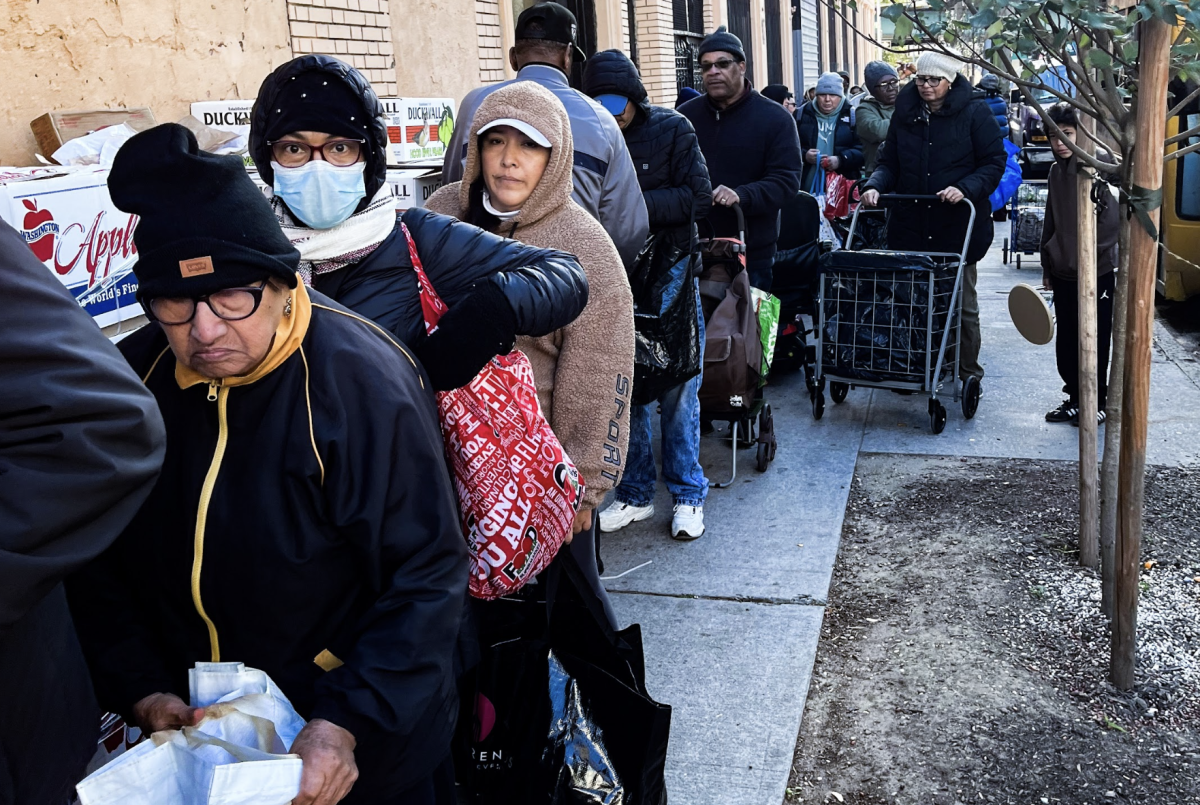Everyone knows the iconic “Mean Girls” scene where Coach Carr comedically declares, “Don’t have sex because you will get pregnant and die” in front of a chalk board that reads “safe sex is abstinence.”
Concerningly, this is pretty close to the sex education most high schoolers receive, which isn’t effective, especially for queer people.
Consequently, students enter college lacking necessary safe sex practices and information.
With the rates of sexually transmitted diseases on the rise in New Orleans, as the fourth-highest city with increasing rates, according to Tim Barclay, researcher at Innerbody Research, Loyola must step up and prioritize comprehensive sex education and awareness on campus.
First, let’s acknowledge a fundamental truth: sex is a natural part of the human experience, regardless of gender or sexuality.
And despite our institution’s moral standing, students are having sex. Therefore, it’s essential to equip students with the knowledge and resources they need to engage in healthy, consensual relationships to minimize risks.
As a Jesuit institution, we are run by Catholics and uphold their long-standing values; however, we are not only a Catholic-serving institution.
The moment Loyola opened its doors to students of all religious backgrounds under the guise of cura personalis, it made a commitment to support those students holistically, and that includes sexual health and wellness.
Data from 2021-2022 academic year recorded 14% of students as non-Christian, 24% unknown, and 8% other, which shows the varying religious backgrounds of our student body, further exemplifying the importance of offering inclusive and secular sex education and sexual health resources.
Sexual health resources and information should be accessible and relevant to all students, regardless of their religious background.
Providing sexual health services is not promoting promiscuity.
In an effort to uphold Catholic values, Loyola is failing a large majority of its student body, and failing to address the need for comprehensive sex education amounts to negligence.
Maintaining Jesuit values should not come at the expense of providing well-rounded student health and sexual awareness on campus.
This lack of awareness and service forces students to be their own advocates and seek out resources elsewhere, like Tulane University, which provides diverse and comprehensive sexual health and wellness resources for students.
Loyola students, however, have been driven to be their own champions for sexual health initiatives on campus through coordinated efforts to maintain a resource hotline that provides Plan B pills, condoms, and other necessary products.
Students on our campus are forced to look to each other for advice and resources, which leads to misinformation and feelings of isolation.
Students have nowhere to turn when it comes to sexual health, and while we aren’t asking the university to disregard the Jesuit values it’s built upon, we are asking for support as we begin to make well-informed decisions for ourselves and our relationships that prioritize health and well-being.
Loyola should support student groups and collaborate with student health to develop and implement evidence-based sexual health awareness programs, which includes but is not limited to safe sex practices, menstrual health, and inclusive LGBTQ+ affirming care.
We should be able to have a place where we feel safe and comfortable talking to a professional about concerns or questions we have.
By prioritizing the well-being of its students, in alignment with Jesuit values, Loyola can play a proactive role in sexual health awareness by fostering a campus culture of informed decision-making and respect for all individuals.





















